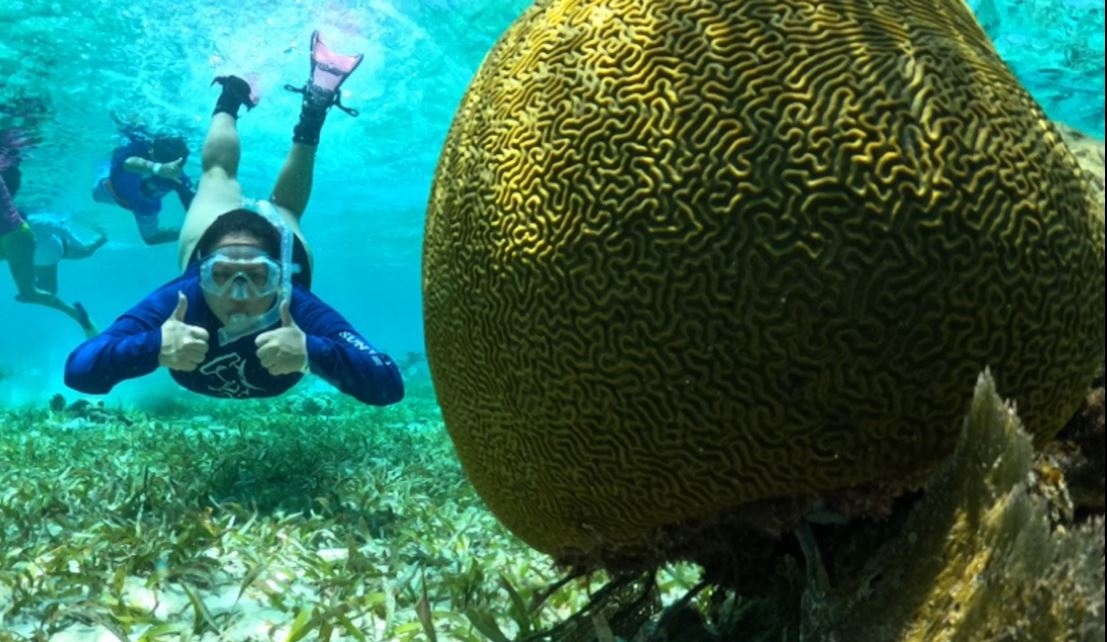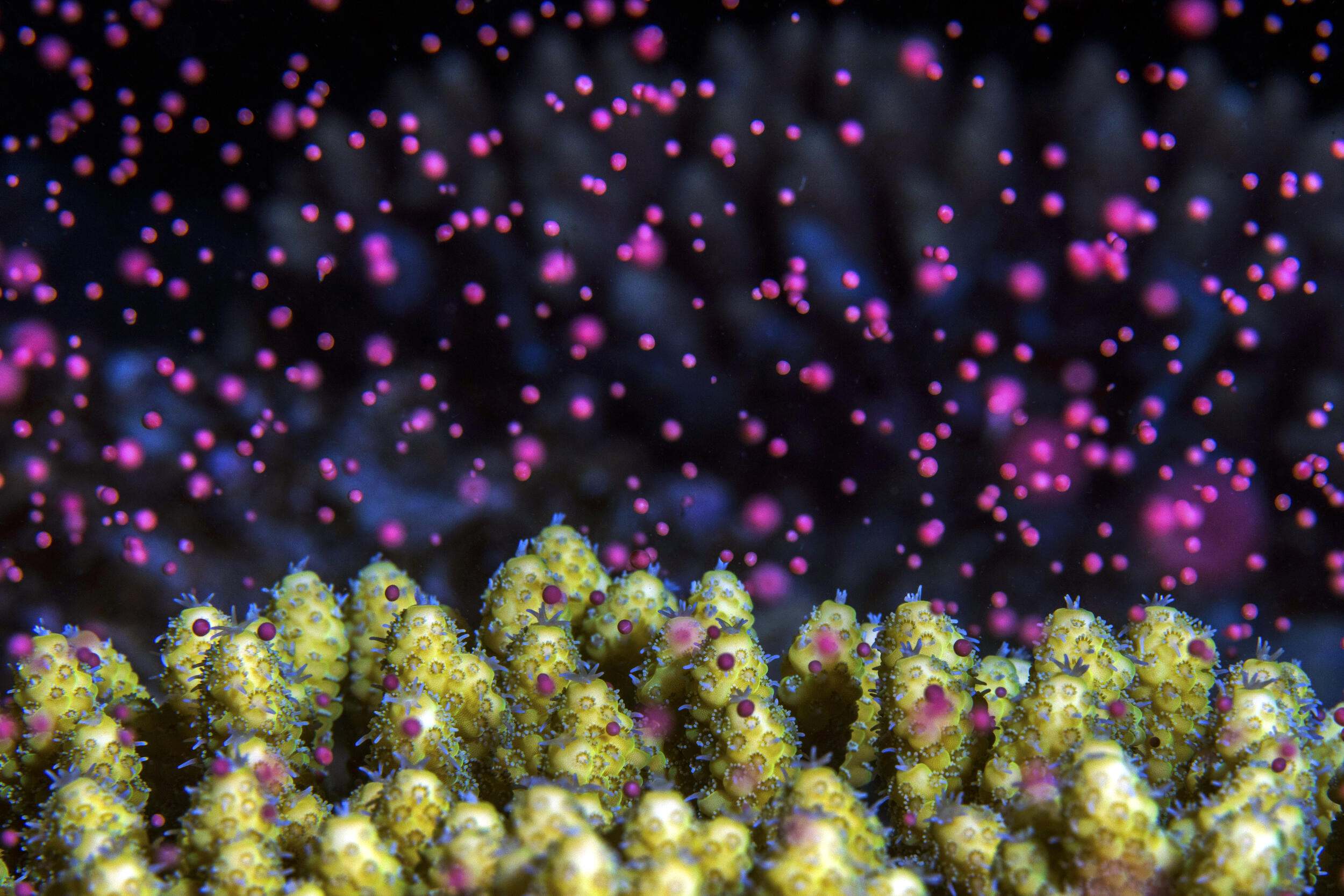Fishing is the primary source of reduced reef function globally. Marine reserves are a critical tool to help fish populations recover, however, there are no benchmarks to determine if the protection is effective, or whether a reserve has recovered enough to be fished again. By studying remote and marine protected areas, they estimate how many fish would be on a coral reef without fishing, and how long it should take newly protected areas to recover. This helps to assess the impact of reef fisheries, and make informed management decisions that include timeframes for recovery.
Specifically, this paper presents the first empirical estimate of coral reef fisheries recovery potential, compiling data from 832 coral reefs across 64 localities (countries and territories. The authors estimate the expected density of reef fish on unfished reefs; quantify the rate of reef fish biomass recovery in well-enforced marine reserves; characterize the state of reef fish communities within fished and managed areas; predict the time required to recover biomass and ecosystem functions; and explore the potential returns in biomass and function using off-reserve management throughout the broader reefscape. The research team studied the fish biomass on coral reefs around the world and discovered that near-pristine reefs contain 1,000 kg of fish per hectare. Using this figure as a benchmark, they found that 83% of fished reefs have lost more than half of their fish biomass (volume of fish).
The authors discuss how reef fish populations were better off when fishing activities were restricted (e.g., including limitations on the species that could be caught, the gears that could be used, and controlled access rights). The authors determined that once protected, fished reefs take about 35 years to recover, while heavily depleted reefs take almost 60 years. Although the influence of marine reserves can be detected within several years, this global analysis demonstrated that full recovery of reef fish biomass takes decades to achieve. Importantly, this suggests that most marine reserves implemented in the past 10–20 years, will require many more years to achieve their recovery potential. This has important implications for managing expectations of MPAs and also reinforces the need for continued, effective protection and consideration of other viable management options. The authors also found that in reef areas where MPAs cannot be implemented, a range of fisheries can have substantial effects on fish functional groups that support important reef processes.
Author: MacNeil, M.A., N.A.J. Graham, J.E. Cinner, S.K. Wilson, I.D. Williams, J. Maina, S. Newman, A.M. Friedlander, S. Jupiter, N.V.C. Polunin, and T.R. McClanahan
Year: 2015
View Abstract
Email for the full article: resilience@tnc.org
Nature 520: 341-344. doi:10.1038/nature14358


